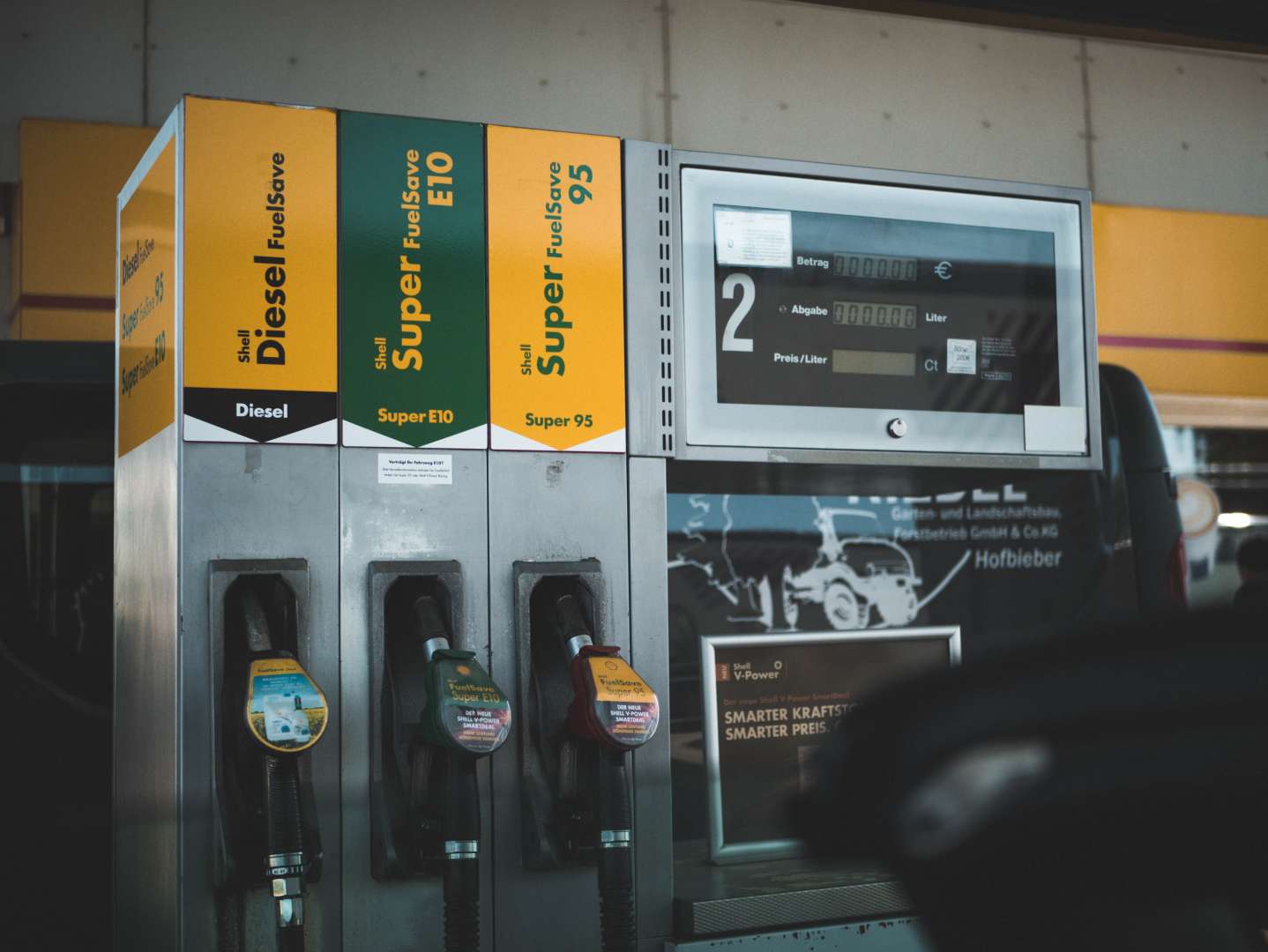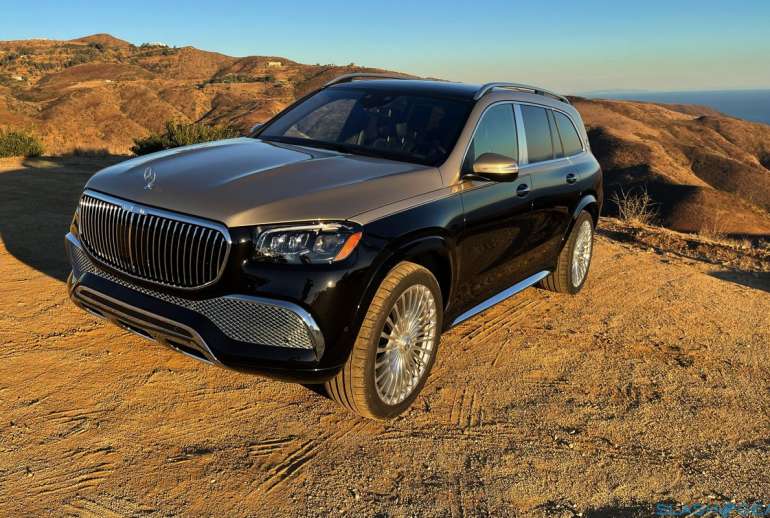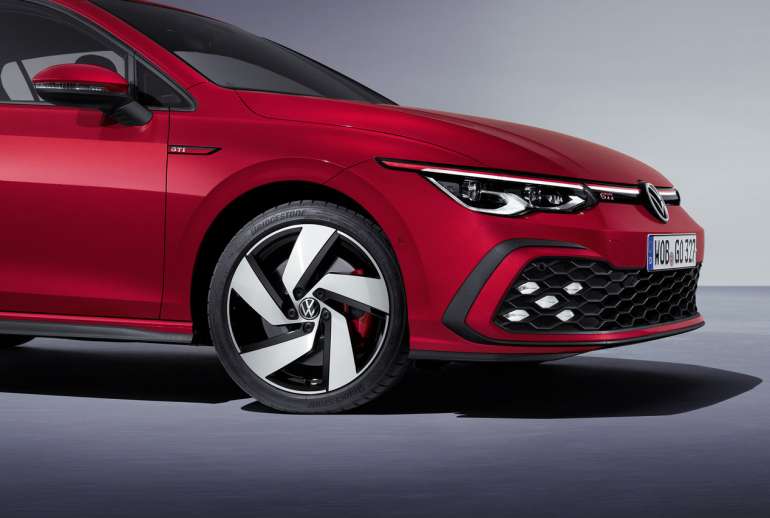The advertisements preaching the benefits of premium gas are literally everywhere. Fuel companies are quick to point out that premium gas is a miracle elixir that helps your vehicle to go faster, respond quicker, and burn less fuel. They also say that spending the extra dough on premium fuel will keep the engine cleaner. It’s like the fuel giants are saying regular gas is inferior to premium.
In some cases, there’s a modicum of truth to all the hype surrounding premium gasoline. Vehicles designed to run on premium will perform better and have a slight edge in performance on a healthy diet of premium gasoline.
But using premium gas in a vehicle that requires regular will not make it accelerate faster or achieve higher top speeds. Nor will it keep the engine clean or help it to consume less fuel.
In fact, you are only wasting your precious dollars by choosing premium over regular fuel, most especially if the vehicle manufacturer explicitly states the vehicle is designed to run on regular gasoline.
According to a 2016 study conducted by the AAA, American drivers are wasting more than $2.1 billion annually by using premium-grade gasoline in vehicles that necessitate regular fuel. That is the amount of money wasted on buying fuel that your car doesn’t need.
Think about that for a second. That’s what happens when approximately 16 billion or so vehicles are splurging on premium fuel unnecessarily. The truth is you should stop using premium gas in a regular car. And in this article, you’ll find out why.
Demystifying Fuel Octane Ratings
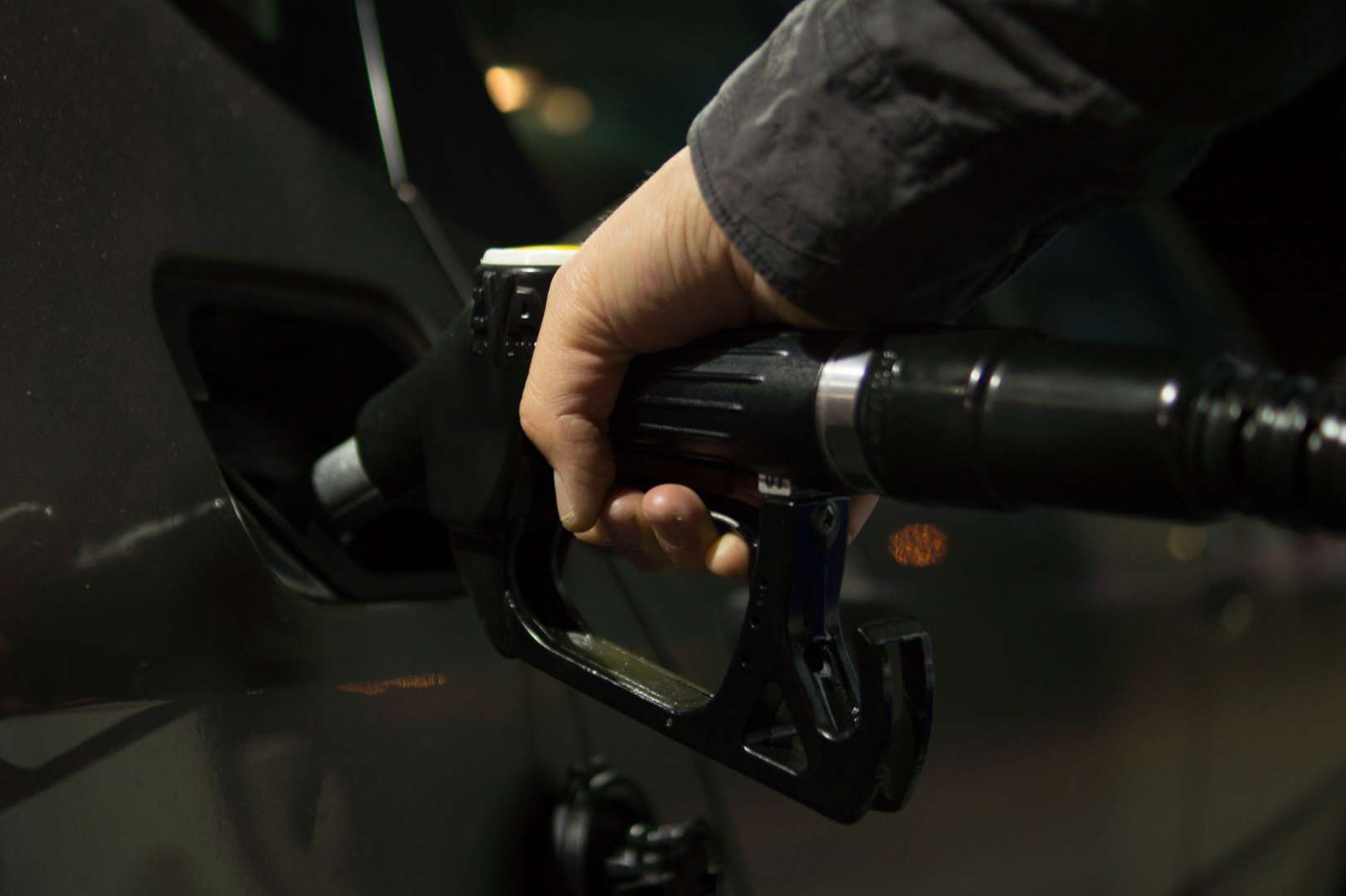
The octane ratings of gasoline are not constant around the world. In Europe, Australia, and some parts in Asia, the octane rating is classified as the RON or Research Octane Number. But in the United States and Canada, the octane number is referred to as the AKI or the Anti-Knock Index, which is often indicated in the pumps as (R+M)/2. This is because AKI is derived by averaging the RON and MON (Motor Octane Number) to come up with the specific octane rating.
This is the reason why the RON is usually four points higher than AKI. As an example, regular fuel with an AKI of 87 is actually 91 RON in other places around the world.
Why is this significant, you ask? The octane rating of fuel is all about knock resistance or the ability of the fuel to prematurely burn or “explode” inside the combustion chamber. This means premium or hi-octane fuel is formulated to resist auto-ignition or premature detonation much better than low octane fuel.
When premature detonation happens inside the motor, this means the fuel is igniting due to heat and pressure, and not because of the spark created by the spark plugs. This is signified by various knocking or pinging sounds as you accelerate the vehicle.
The octane number has nothing to do with the quality of the fuel. Premium fuel is not cleaner or better because of the ‘premium’ badge. It simply means it has a higher octane number to resist knock.
Another fact about the octane number? It has nothing to do with the combustion speed or how fast the engine is able to burn fuel. This also means filling up the tank with premium fuel in the hopes of making the engine burn faster (and in essence make the car go faster) is nothing but misinformed nonsense.
Will engine damage occur if I use premium fuel in a regular car?
No. Modern engines are equipped with state-of-the-art electronics and knock sensors. Once the motor is ingesting premium gas, the computer will increase the ignition advance to give the vehicle a very slight edge in performance and fuel economy.
But the key words here are ‘very slightly.’ The increase in performance will be so low and insignificant that it’s hard to put an actual number on the changes. In truth, the minor improvements in performance are not enough to offset the added cost of purchasing premium over regular fuel.
However, things are different if you put regular fuel in a vehicle that requires premium gas. The engine computer can only do so much in retarding the timing to prevent knocking or pinging. This means the motor won’t be able to produce the desired levels of performance. Continuous use of regular or low octane fuel in a vehicle designed to run on premium gas will result in engine damage in the long run.
Why You Should Stop Using Premium if the Vehicle Requires Regular Gas
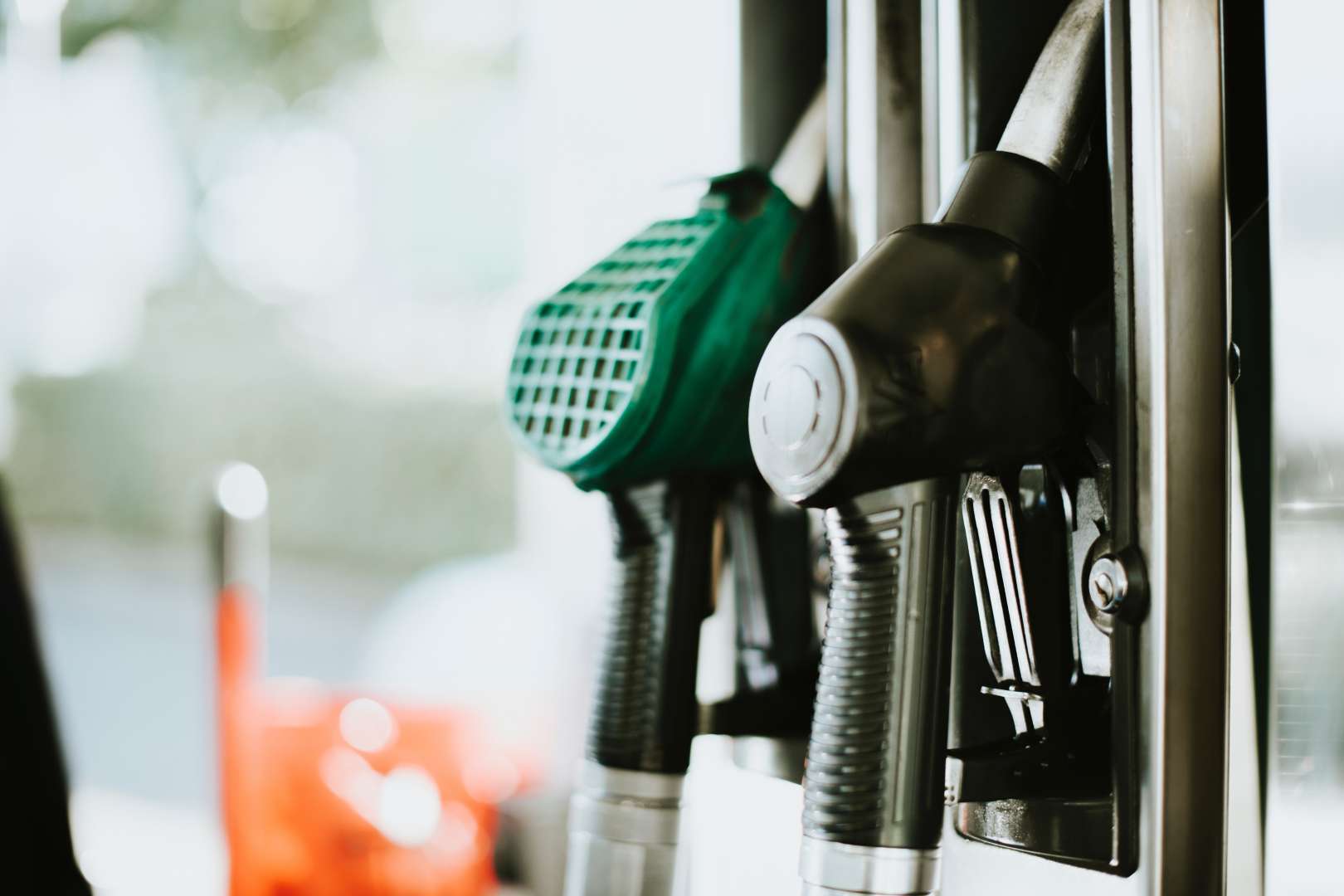
Based on these facts, filling up the tank in your Toyota Corolla with premium fuel will not make your car better, faster, or cleaner than a similar car running on regular gas. Don’t believe the hype.
On the other hand, you are only wasting your precious dollars. Or to put it bluntly, you are burning your hard-earned money by using the wrong type of fuel.
Premium fuel is for vehicles equipped with high-compression or high-performance supercharged/turbocharged motors. In actuality, less than 18 percent of new cars sold in the United States are designed to run specifically with premium fuel, and most of them are high-performance vehicles equipped with higher compression ratios or turbocharged motors.
How will I know if my car needs premium or regular gas?
Easy. Check the owner’s manual or the decal inside the fuel door. If it says premium fuel is recommended, the engine will run smoother and burn fuel more efficiently with premium gas.
But if your vehicle is designed to run with regular fuel, there’s no reason why you should splurge on premium gas.
The same goes for ethanol-blend fuel or E10. Ethanol will boost the octane rating of gasoline. Check the owner’s manual to determine if your vehicle is compatible with E10 gasoline.

